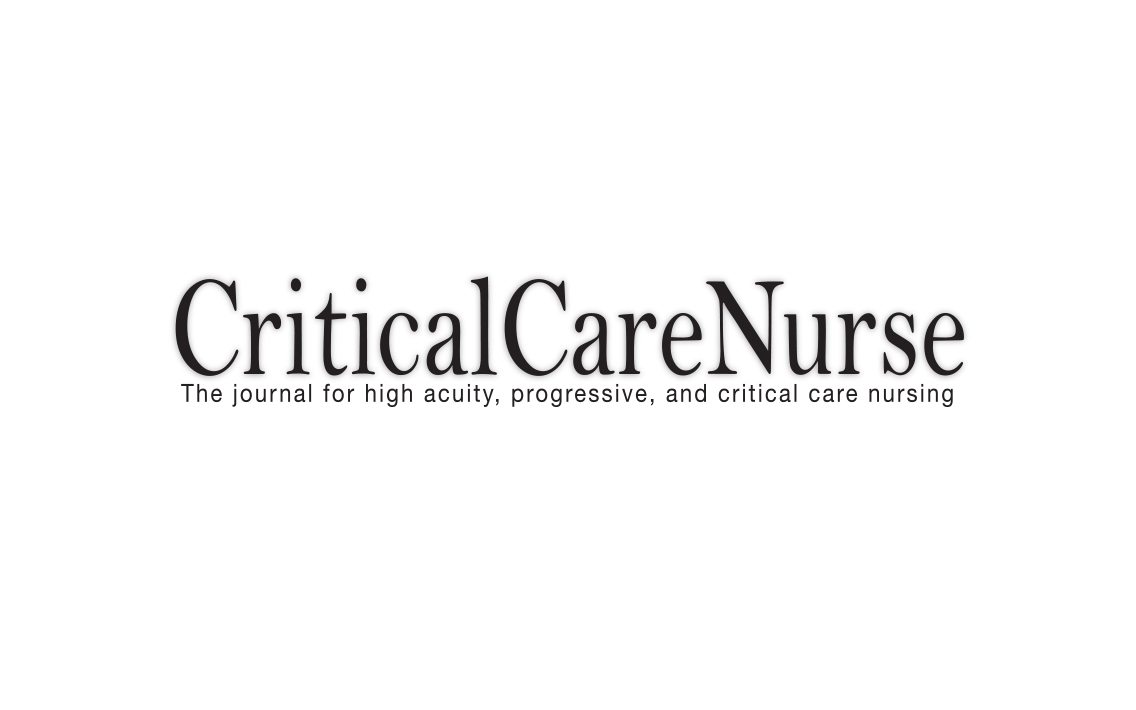
Editor's Note Glucagon-like peptide-1 (GLP-1) receptor agonists may offer orthopedic patients with obesity and type 2 diabetes a powerful tool for preoperative weight loss and potential disease modification, according to a July 10 review article in The Journal of Bone and Joint Surgery. However, the agents carry perioperative risks that…

Editor's Note A well-fitted bra dramatically cut post-sternotomy wound rates to zero at a Denver hospital, showing how nurse-driven innovation can improve outcomes and reduce costs, Critical Care Nurse May 28 reports. In the article, “The Bra Project: Preventing Wounds in Women After Sternotomy,” appearing in the journal’s June 2025…

Editor's Note Greater familiarity between surgeons and anesthesiologists was associated with reduced major morbidity in certain high-risk procedures, according to a Canadian retrospective cohort study published in JAMA Surgery. As detailed in a May 28 report from MedPage Today, the population-based analysis included more than 711,000 index procedures, finding an…

Editor's Note Simple hysterectomy provides similar long-term survival outcomes to modified radical or radical hysterectomy for patients with low-risk, early-stage cervical cancer, according to a large cohort study published May 15 in JAMA Network Open. Consistent with prior research, the findings add to the growing body of evidence supporting conservative…

Editor's Note Recent research shows robotic-assisted cholecystectomy (RAC) results in similar bile duct injury rates as laparoscopic cholecystectomy (LC), but risks are higher for postoperative complications, longer hospital stays, and more frequent drain use. Published May 21 in JAMA Surgery, the large-scale cohort study analyzed outcomes from over 844,000 acute…

Editor's Note New research shows postoperative prostate cancer radiation delivered via stereotactic body radiotherapy (SBRT)—which includes just five high-dose sessions—appears as safe and tolerable as weeks-long conventional treatment. Medical Xpress reported on the findings May 15. Led by by UCLA’s Jonsson Comprehensive Cancer Center and published in JAMA Oncology, the…
Editor's Note Amid a lack of focus and lack of resources on perioperative mental health, alleviating patient anxiety and preventing poor surgical outcomes requires creative solutions. This is the central argument of a May 12 commentary in The Conversation by Renée El-Gabalawy, a clinical psychologist and associate professor at the…

Editor's Note A machine learning (ML) model that integrates clinical data with natural language processing significantly improved detection and management of hospital delirium in older adults. Results were published May 7 in JAMA Network Open. Conducted at Mount Sinai Hospital, the quality improvement study evaluated the association of an ML-based…

Editor's Note Telemedicine is rapidly becoming the standard for postoperative care, offering patients a safer, more convenient recovery experience without compromising clinical outcomes, according to an April 28 report in the Los Angeles Times. The outlet emphasizes that virtual consultations and remote monitoring are no longer just alternatives to in-person…

Editor's Note Female surgeons achieve better long-term outcomes for surgical patients—especially for female patients—according to a large national study published April 23 in JAMA Surgery. Using US Medicare data from over 2.2 million older adults, researchers found that patients of female surgeons had lower mortality rates and, for women, fewer…